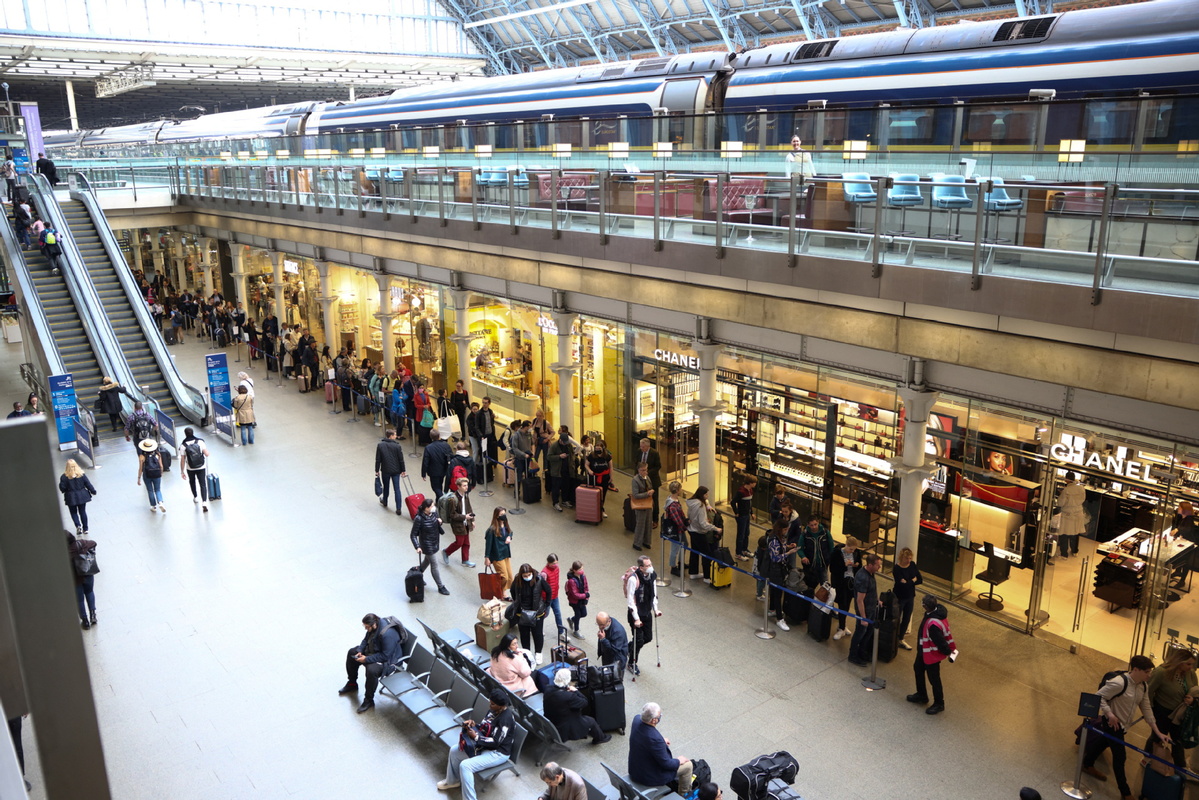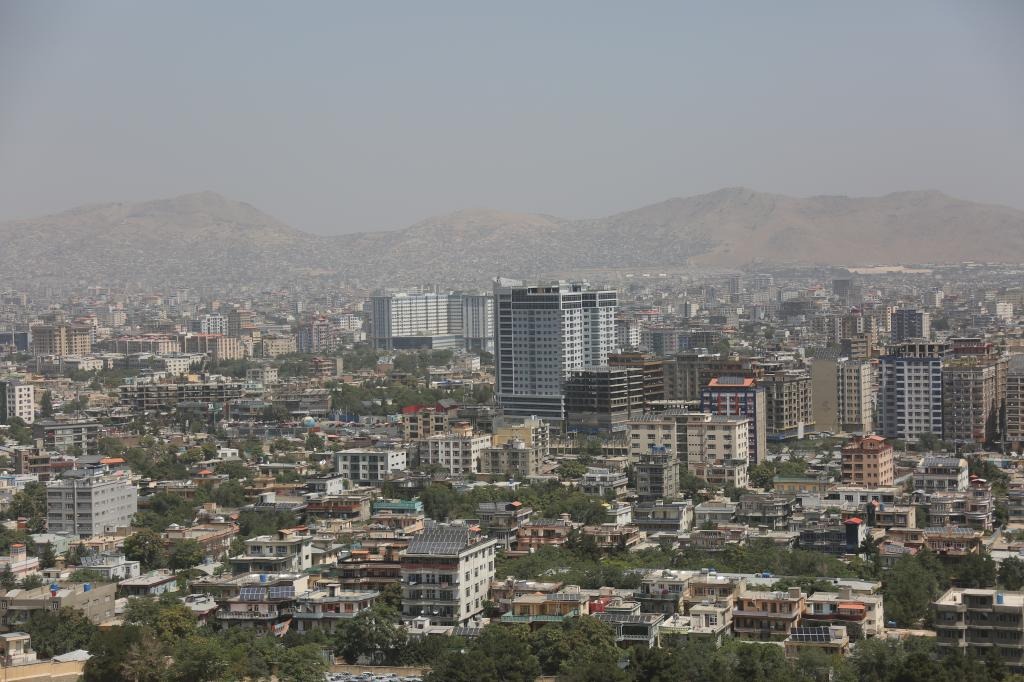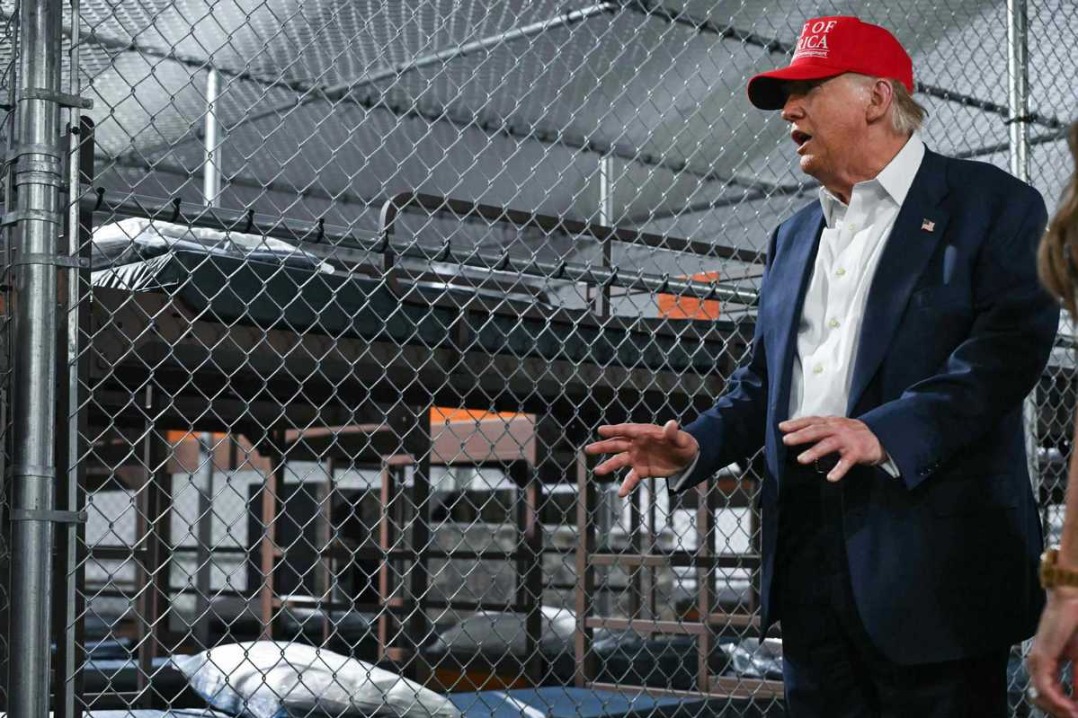Eurostar finishes last in European train-quality survey


A survey by campaign group Transport and Environment, which aims to promote environmental alternatives to air transport, has identified the Eurostar train service as the Europe's worst-performing service.
The study marked 27 European rail operators in eight different categories. Italy's Trenitalia, whose CEO hinted in September that it could be open to privatization only to be sharply rebuked by Transport Minister Matteo Salvini, came top with an average score of 7.7 out of 10, ahead of Switzerland's SBB and Czechia's RegioJet.
The bottom three services were Ouigo from France, Greece's Hellenic Train, and Eurostar, which runs services from London St Pancras to cities including Brussels, Paris, and Amsterdam, through a tunnel under the English Channel.
Europe's largest train operator, Deutsche Bahn of Germany, also failed to impress, coming 25th for reliability and 16th in the overall rankings.
Rail companies in the United Kingdom were praised for their level of reimbursement for delayed services, but it was noted that the three most expensive rail companies in Europe were all partly or fully operational in the UK, with Eurostar charging almost double the average price per kilometer when compared to similar length journeys on the European mainland.
"We are confident that if this report were redone again, the scores would be higher," said a spokesperson for Eurostar. "We've had a record number of passengers travel with us this year and we expect that figure to grow as we continue to invest in our service."
Brexit and the pandemic have taken their toll on Eurostar in recent years. In summer 2023, a service from St Pancras to Disneyland Paris, operational since 1996, closed and recently direct services between London and Amsterdam have required a change of trains at Brussels because of engineering works.
Since 1994, Eurostar has had a monopoly on services from London to the continent, initially from Waterloo Station before operations were relocated to St Pancras, but from 2028 it could face rival providers, with Britain's Virgin Group, Spanish rail company Evolyn, and a new Netherlands operator called Heuro leading the way to provide alternative services.
Europe's rail network is of interest to China because of the number of countries that use its hardware.
In May 2024, website RailFreight reported that CRRC Zhuzhou Locomotive, a subsidiary of Chinese State-owned rolling stock manufacturer China Railway Rolling Stock Corporation, or CRRC, had signed a deal with Hungarian equity fund Acemil to build four plants in the central European country.
In March, it was reported that CRRC Zhuzhou would supply double-decker trains made in Hunan province to five European countries.
"Equipped with six coaches and 571 seats, the electric multiple units can carry 1,280 passengers," Sun Yongcai, CRRC's chairman, was quoted as saying. "The train's capacity is 35 percent higher than that of a double-decker train and thus eases capacity strains on crowded European railways".
































